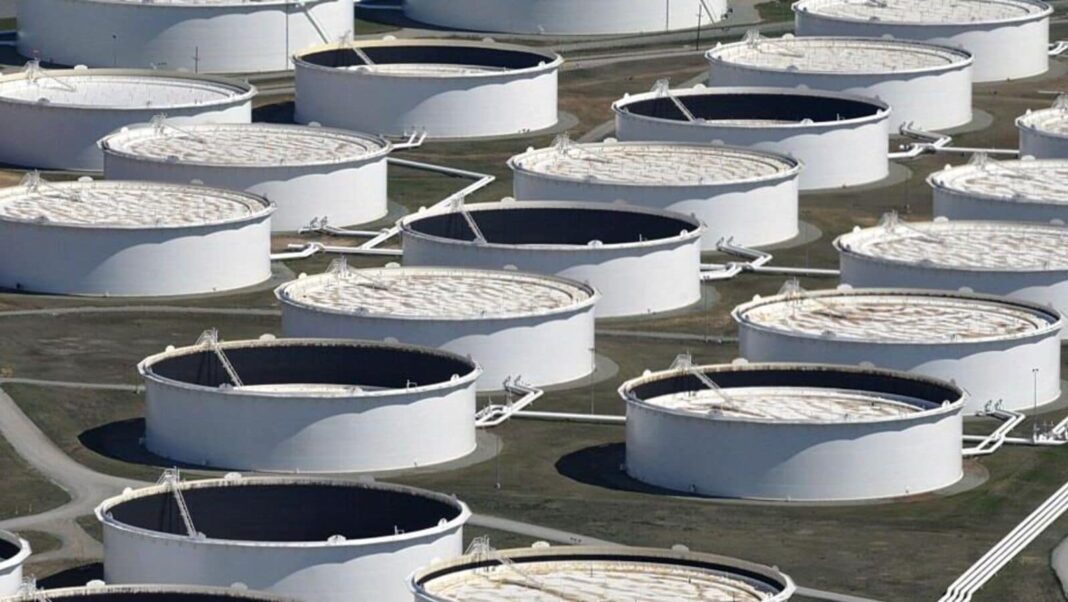In Short:
The Indian finance ministry is considering ending the windfall tax on crude oil due to falling prices, according to advisor Tarun Kapoor. The petroleum ministry has requested the tax’s removal since it has been ineffective. The windfall tax was originally imposed in 2022 due to high oil prices but has been zero since September. Global oil prices are expected to decline as supply remains steady.
Windfall Tax on Crude Oil Under Review as Prices Dwindle
New Delhi: The conversation around the potential scrapping of the windfall tax on crude oil is heating up, as declining prices have led to questions about its relevance. According to Tarun Kapoor, an advisor to the Prime Minister, the Union finance ministry will be making a decision on this matter soon.
Petroleum Ministry Seeks Change
In a recent development, the Union Ministry of Petroleum and Natural Gas has formally requested the finance ministry to withdraw this levy. Kapoor shared these insights with reporters during the World Biogas Association India Congress 2024 held on Wednesday.
Tax Relevance Questioned
“The petroleum ministry has reached out to the finance ministry regarding this,” Kapoor stated. “As of now, the windfall tax doesn’t hold much significance,” he added, emphasizing the changing market conditions.
Background of the Windfall Tax
The windfall tax was initially introduced in 2022 as a response to the soaring oil prices triggered by the Russia-Ukraine war—a time when oil and gas companies were enjoying extraordinary profits. This special additional excise duty is reviewed bi-weekly and is based on the average prices of crude oil over the preceding fortnight.
Current Status of the Tax
Notably, since September 18, the windfall tax on domestically produced crude oil has been set at nil. Additionally, there is also no windfall tax on the export of diesel and aviation turbine fuel.
Market Trends
Despite the ongoing volatility in the West Asian markets, crude oil prices have remained relatively subdued. As of Wednesday, the December contract for Brent crude oil on the Intercontinental Exchange was trading at $75.63 per barrel—marking a slight decline of 0.54% from the previous close.
No Global Shortage of Oil
During the conference, Hardeep Singh Puri, the Union Minister for Petroleum and Natural Gas, expressed optimism about falling global oil prices, asserting that there is currently no shortage of oil worldwide.
“I believe oil prices should decrease,” Puri remarked. “It’s dependent on global dynamics. One thing is for certain—there is no oil scarcity; production was about 102 million barrels per day before voluntary cuts were implemented.”
Looking Ahead
The International Energy Agency has also weighed in, stating in its October oil market report that world oil demand is projected to grow by just under 900 kb/d in 2024, and nearly 1 mb/d in 2025. This indicates a significant slowdown compared to the roughly 2 mb/d growth seen in the post-pandemic period of 2022-2023.
Notably, the slowdown is being significantly influenced by China, which has accounted for approximately 20% of the global gains in oil demand this year and is expected to continue this trend next year, compared to an impressive 70% in 2023.





